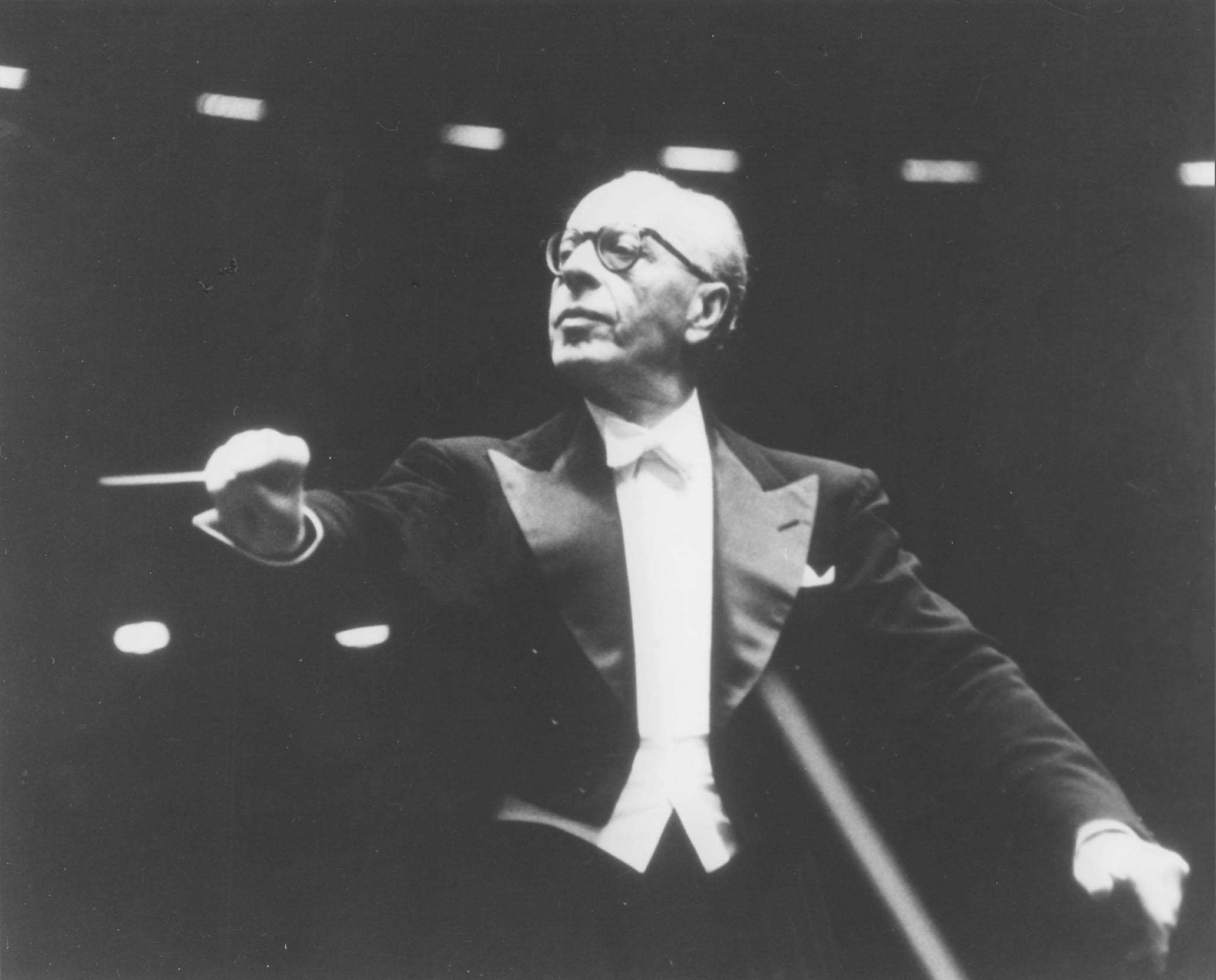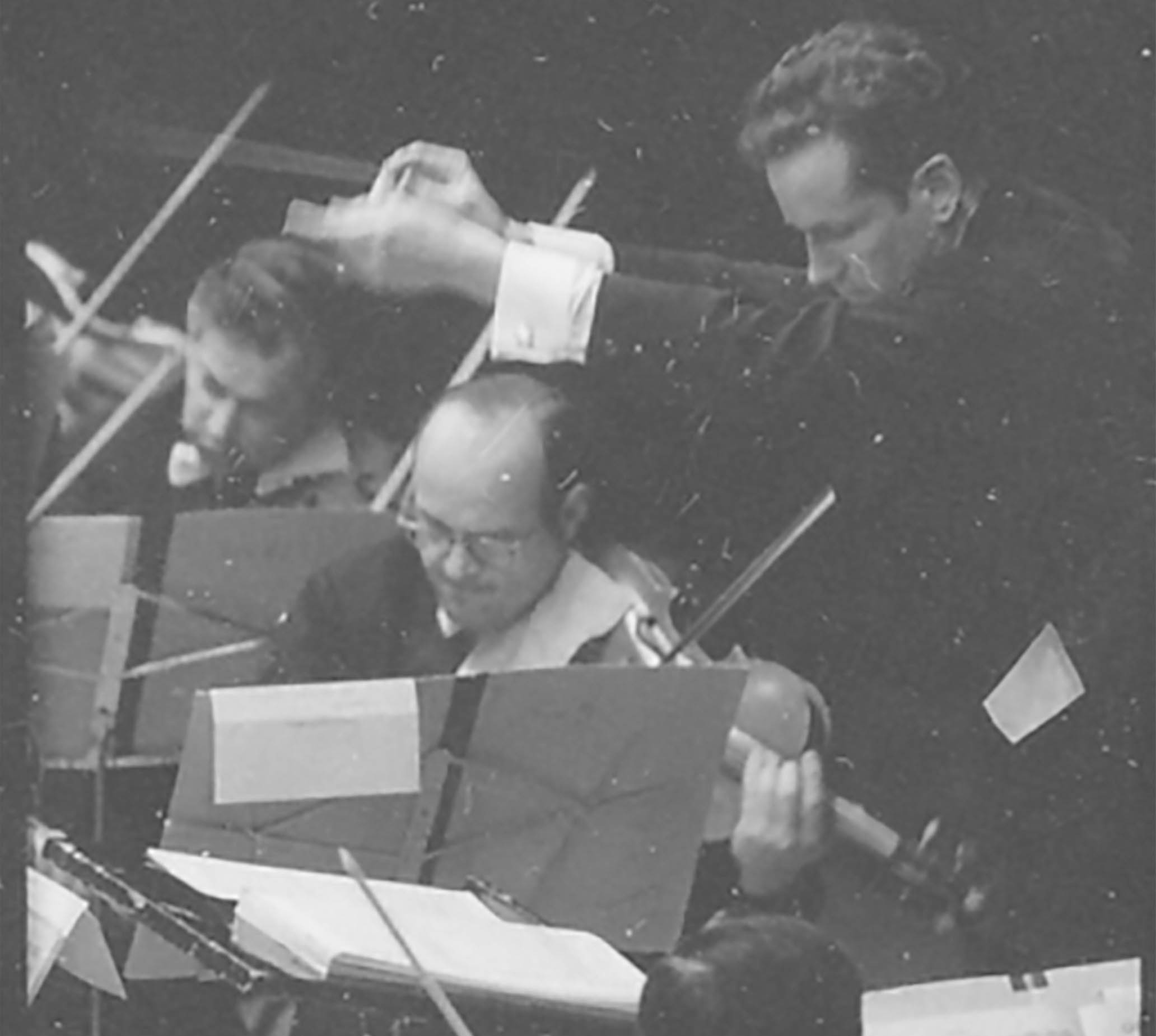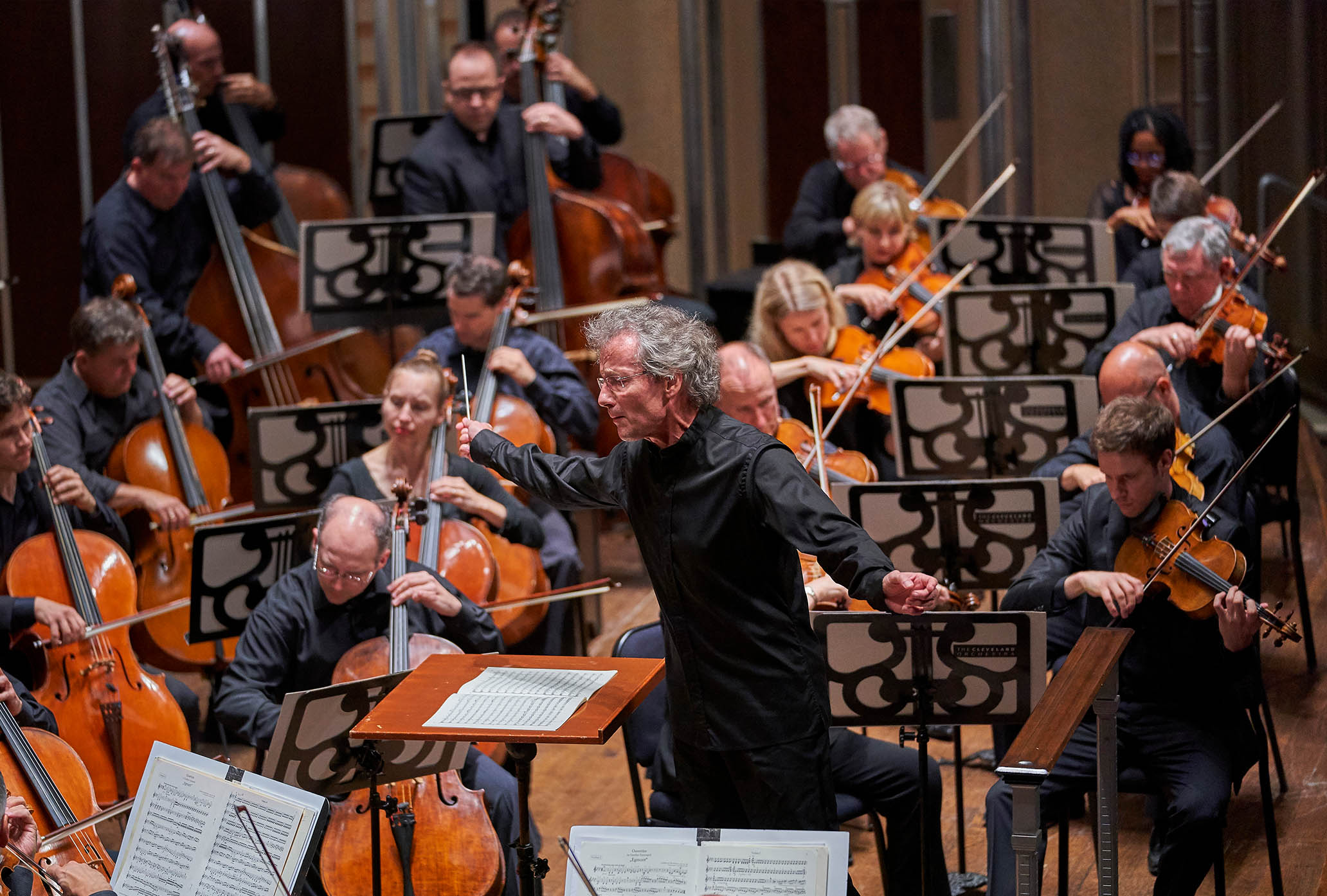
Fear No More
Beethoven's Egmont Overture (1810)
By Alexander Lawler
Beethoven’s Egmont Overture is one of his many concert overtures depicting different kinds of heroic individuals. The Egmont Overture is derived from the incidental music Beethoven wrote for Goethe’s play of the same name (Egmont, 1788). The play is a historical drama of the sixteenth-century struggle of the Count of Egmont against the Duke of Alba for the freedom of the Netherlands. In the play, Egmont boldly confronts Alba’s tyranny, knowing that it will cost him his life. His sacrifice is not in vain: it will ensure the downfall of Alba. Beethoven condenses one of the primary messages of Goethe’s play into a searing overture: the only way to defeat tyranny is through an equally strong gesture of defiance, although such an act carries with it great peril. Egmont resembles Prometheus, whose resistance to tyranny through his theft of fire led to his imprisonment, but also humanity’s salvation. However, this connection goes farther, as Franz Welser-Möst describes below:
Franz discusses examples of promethean heroes and the difficulty of freedom. Features an excerpt of the Orchestra’s 60th Anniversary TV Special (1978), with Lorin Maazel conducting a performance of Beethoven’s Egmont Overture. Video compiled and edited by Alexander Lawler. All audio, images, and pictures courtesy of The Cleveland Orchestra Archives.
Franz describes another aspect of being a promethean hero, – the ability to conquer fear. To stand up against tyranny and the status quo is difficult and frightening. Any act of resistance requires that one defeat fear doubly — in standing up to tyranny and facing the unknown consequences. Promethean figures like Dr. Martin Luther King, Jr, Mahatma Gandhi, Joan of Arc, and Egmont stood up and, through their heroism, and sacrifice, gave others the strength to stand. Although they ultimately lost their lives in pursuit of freedom (just as in the stirring conclusion to the Egmont Overture), the fire that their heroic spark started would become a blaze.

You can listen below to the rest of Egmont’s promethean journey — conflict, hope, despair, and salvation — through a selection of audio clips from the Orchestra archives.

Beethoven: Egmont Overture – Part 2
The Cleveland Orchestra, Louis Lane
Archival Recording: Severance Hall, December 8, 1967

Beethoven: Egmont Overture – Part 3
The Cleveland Orchestra, George Szell
Archival Recording: Blossom Music Center, July 20, 1968

Beethoven: Egmont Overture – Part 4
The Cleveland Orchestra, Franz Welser-Möst
Archival Recording: Severance Hall, July 14, 2017
- Alexander Lawler worked for the Orchestra’s Archives over three seasons while working on a Historical Musicology PhD at Case Western Reserve University. First writing the “From the Archives” online essays in the 2015/16 season, next designing a photo digitization and metadata project in the 2016/17 season and finally, in the 2017/18 centennial season with the Prometheus Project.
Essay & Audio Library

Beethoven: The Prometheus Connection
In 1812, Ludwig van Beethoven received a letter from a young pianist named Emilie M. Her letter, enclosed with a home-made embroidered pocketbook, expressed her fondness for, and appreciation of, his music.
Continue Reading
Overture to The Creatures of Prometheus
Perhaps the most overt example of Beethoven’s interaction with the idea of Prometheus was his only published ballet, The Creatures of Prometheus.
Continue Reading
Symphony No. 1
In the mainstream history of Beethoven, his early works are more classical in style, hewing close to Mozart and (especially) Haydn.
Continue Reading
Symphony No. 3
Beethoven’s Third Symphony, the Eroica, or “Heroic,” is one of the most influential pieces of music in history.
Continue Reading
Egmont Overture
Beethoven’s Egmont Overture is one of his many concert overtures depicting different kinds of heroic individuals.
Continue Reading
Symphony No. 4
Beethoven’s Fourth Symphony seems an anomaly compared to the heroic Third and the fateful Fifth.
Continue Reading
Symphony No. 7
In the Seventh, Beethoven suffuses each movement with a unique and persistent rhythmic pattern.
Continue Reading
Overture to Coriolan
Beethoven’s Overture to Coriolan is the only tragic piece in our Prometheus Festival. Indeed, in spite of the intense conflict that marks much of his music, Beethoven was something of an optimist.
Continue Reading
Symphony No. 5
Beethoven’s Fifth Symphony is so familiar to us now that it might be difficult to imagine it as shocking or difficult.
Coming Soon
Symphony No. 8
The Eighth Symphony generally has been regarded as the slightest of Beethoven’s mature symphonies because of its short length, lighter tone, and frequent return to the musical styles and forms of the eighteenth century.
Coming Soon
Leonora Overture No. 3
Fidelio (1805), Beethoven’s only opera, is a celebration of freedom. In the opera, Florestan has been imprisoned by the tyrant Don Pizarro.
Coming Soon
Symphony No. 9
Beethoven’s Ninth Symphony stands as the culmination of Beethoven’s twenty-four-year career as a composer of symphonies.
Continue Readingf
Symphony No. 2
Beethoven first realized he was becoming deaf in the summer of 1798, at age twenty-seven. After an initial episode of total deafness, Beethoven found that his hearing had become filled with an unending “maddening chorus of squealing, buzzing, and humming.”
Coming Soon